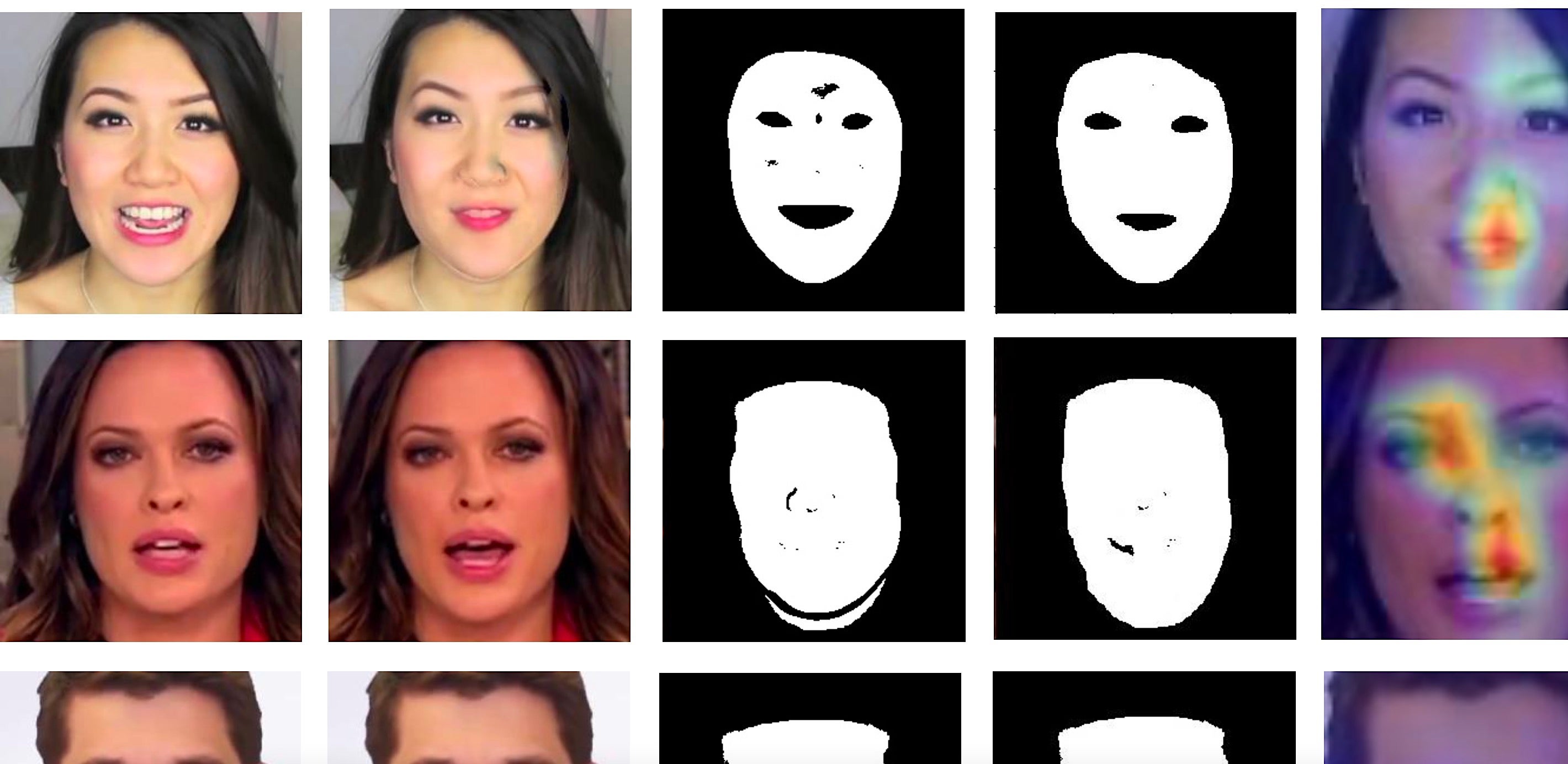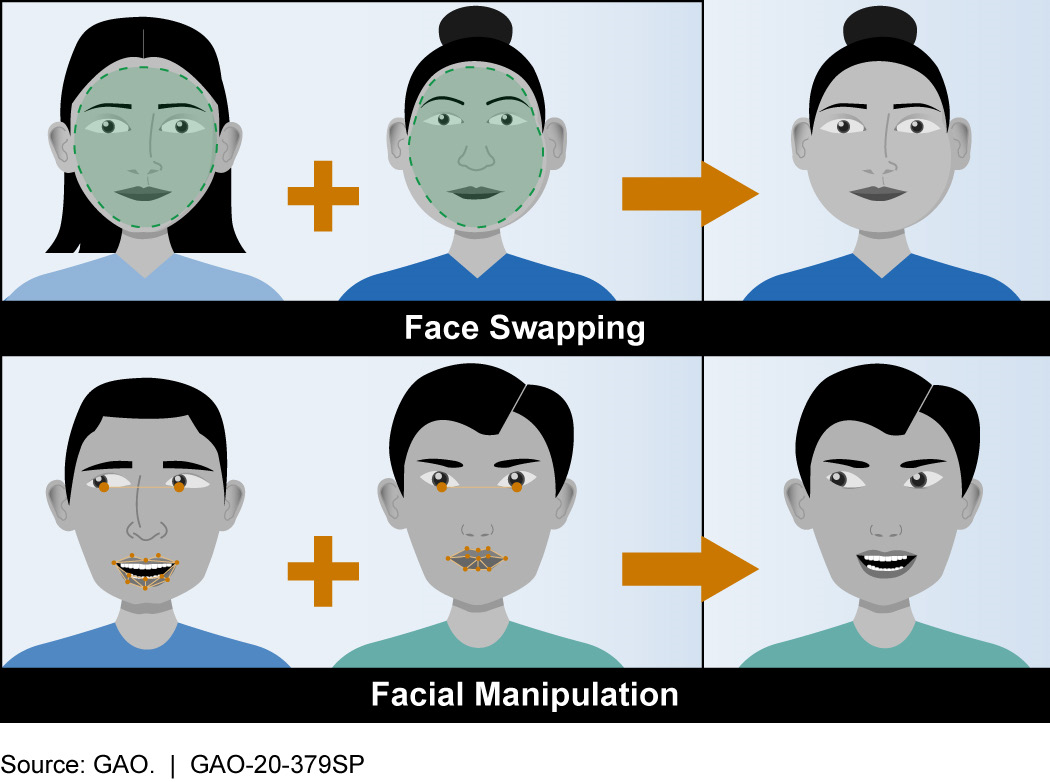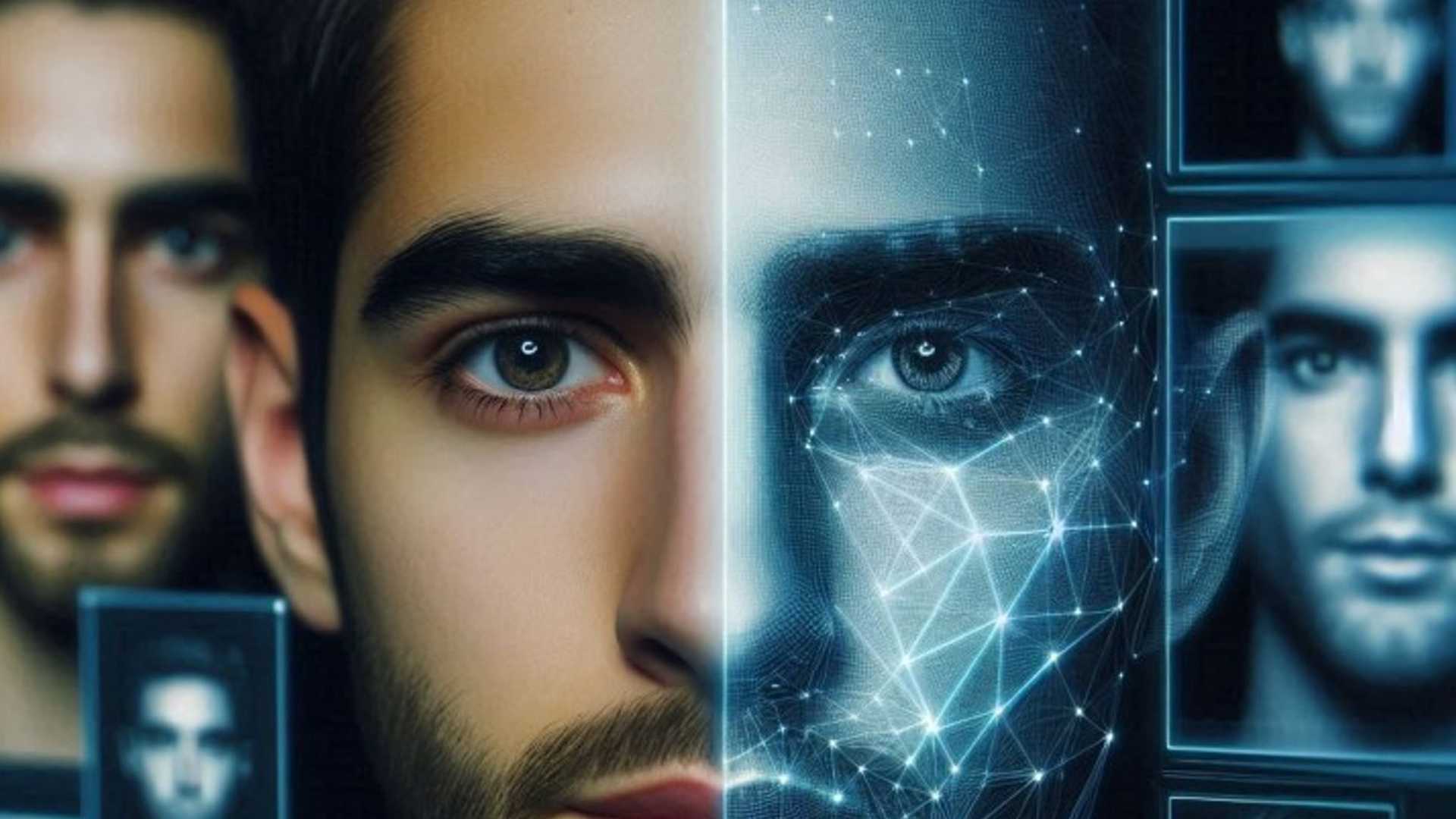Battling Deep Fakes in Court Room
Deepfake technology is a method of manipulating videos, images, and audios to create or depict unreal events or things. Since it is created using machine learning called ‘deep learning’ to create fake events or things, hence the name. Most of us have utilized this technology one way or the other, including using apps to see the baby version of oneself or older version. While we have seen amusing usage of this technology, however, very recently concerns starting emerging when deepfake images or videos were created for scamming people for money, famous celebrities and personalities delivering statements leading to the spread of false information.
We have heard of many famous personalities including artists approaching courts to seek relief and damages for damages caused due to a fake video created using deep fake technology. Examples of the foregoing include Ranveer Singh where his deepfake was seen criticizing BJP government and actress Rashmika Mandana. Instances in relation to politicians include the creation of deepfake videos for CM Adityanath, Mr. Amit Shah, and others. Recently, a PIL was moved in Delhi High Court seeking directions for Election Commission of India and Union of India to formulate and implement necessary guidelines over the pervasive use of deep fake technology in a political campaign for 2024 elections. Such a move is important as in the internet age, where information is deciphered online, it becomes important to understand whether a video is original and genuine or has been created with deepfake technology. The same PIL sought directions for the social media platforms to take down and block deepfake contents concerning public figures, political figures, political candidates, and the like.

Other countries are a step ahead in terms of proposing such legislation, however, whether such proposed legislation will transform into law is a valid question. In the USA, bipartisan legislation to ban falsely depicting federal candidates has been proposed but it is unlikely to become a law before the November 2024 election. A similar situation has been replicated in Europe wherein the European Union’s landmark AI Act will come into effect from June 2024.
My interest in the topic of deepfake piqued from the news of the famous journalist Rajat Sharma approaching Delhi High Court, where he petitioned with regard to the lack of regulations surrounding deepfakes in India. The petition highlighted the lack of regulation infringed upon fundamental rights guaranteed by the Constitution of India, including the right to freedom of expression, privacy, and a fair trial. It's high time that we start the evaluation of the sufficiency of our laws to handle issues created by or in connection with Gen AI and related technologies.
Stay updated on your professional world
By clicking Continue to join or sign in, you agree to LinkedIn’s User Agreement, Privacy Policy, and Cookie Policy.

New to LinkedIn? Join now










